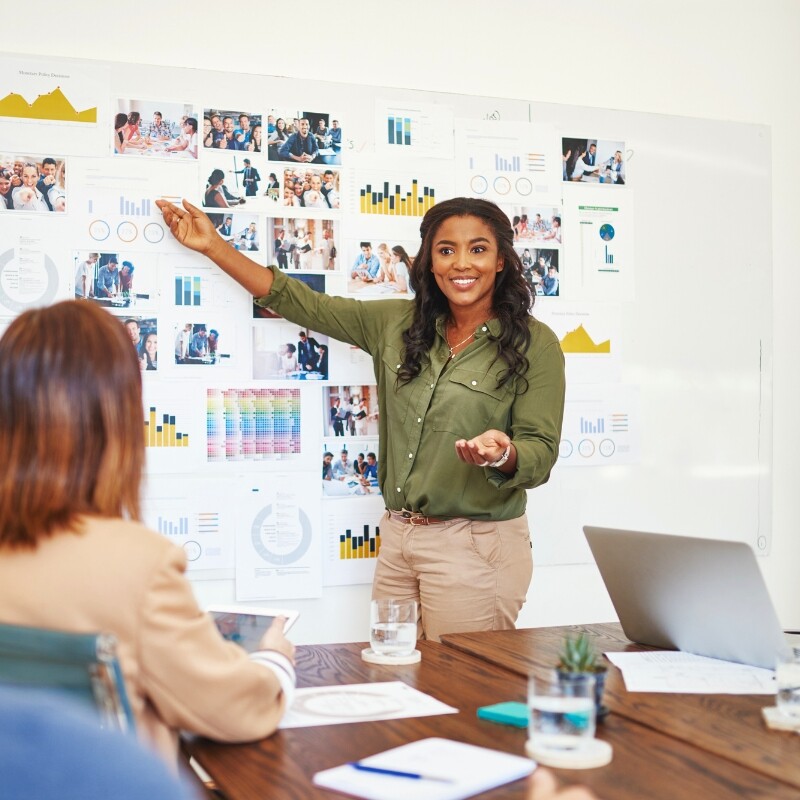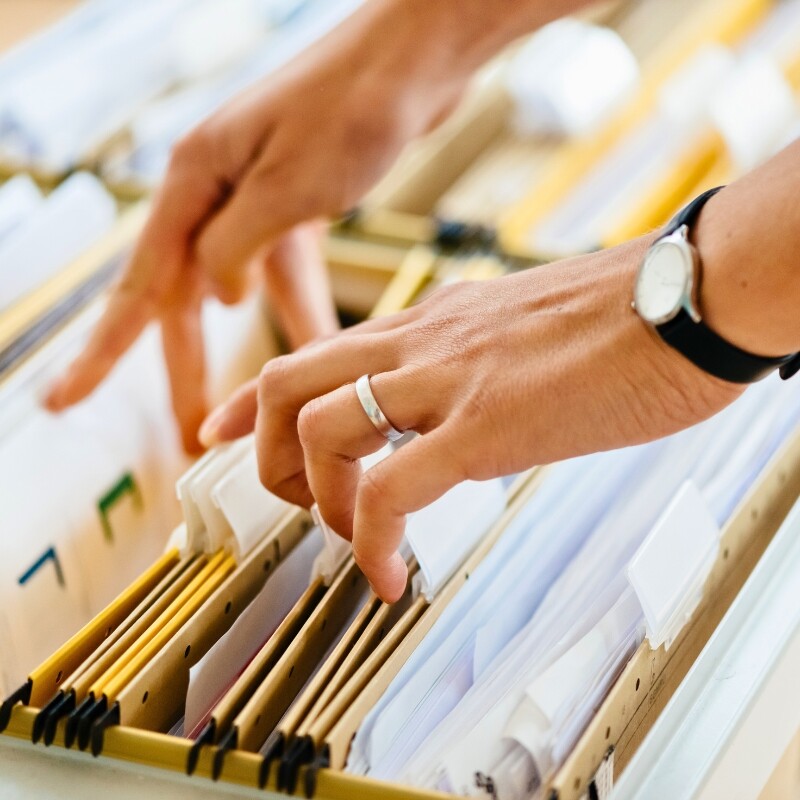All Things Admin Joins ASAP. Learn More ›
Digital Detoxing: How to Escape The Smartphone Trap
July 14, 2021

How often have you checked your smartphone today? Be honest. In my case, a lot and probably this is the answer of many of us.
Are you able to switch off from the hectic digital life? Do you still remember where to turn off your smartphone, laptop and tablet or is being permanently "switched on" also a topic that haunts you? You are not alone. Wellbeing and mindfulness in the digital world are not always easy.
I have to say in advance that unfortunately, I am not a good example of digital detoxing. I just got back from a long weekend and even with all the biggest efforts I had in mind to be more mindful, I did not fully manage to completely turn off the phone. I had different plans as my phone is usually on. I do not even switch off my mobile phone but put it in the charger in the evening. Certainly not healthy, but at least the device stays in the kitchen and never finds its way into the bedroom.
I am always frightened when I see statistics on where people take their smartphones. Bedroom, bathroom - all those rooms where we are supposed to be private. But no, many people cannot survive without knowing what is going on online even in those moments. There is even a technical term for it: FOMO - Fear Of Missing Out. The fear of missing something. Is it really fear or rather just our habit?
Researchers from the German Mental Balance project, who used an app to study the behavior of 60,000 smartphone users, found that they activated their cell phones an average of 88 times a day. 35 times to look at the clock or check whether they have received a message; 53 times to surf, chat or otherwise use an app. Assuming eight hours of sleep, the participants looked at their smartphone every 11 minutes.
But aren't we being forced to keep the smartphone in our hands? We use apps and tools to carry out many private and professional tasks. Quickly book a flight or hotel, online banking, research, and mobile payment. And of course, the addiction number one: Social Media. We live on Facebook, Instagram, and tweet as much as we can, and I am one of them. I admit.
But what if digitalization and the trends of the industry 4.0 become too much? Collaboration tools – a curse? Too many open windows which demands something from us. All channels are blinking and beeping with new tasks and the reaction times become or rather must be even faster. “Didn’t you see my message on Slack?”
The new way of working is not always helping us with tools, apps and software. The pressure to be a part of the fast-moving New Work generation is a big burden for many and often brings us into the work-life balance trap. Followed by burnout or depression. Digital burnout is no longer a buzzword, but a serious problem, especially for the younger generation.
So, let us do some digital detoxing together and get out of the smartphone stress. But it is not always that simple. In addition, a study by the University of Zurich, Switzerland came to the conclusion that so-called digital detoxification treatments do not have the desired effect.
If you want to change your “relationship” to your smartphone, you need time and the will to change your habits. For all those who stumble on their way there - like me - here are a few tips and tricks to get a better grip on the mobile phone use:
- Deactivate push messages and turn your smartphone on silent.
- Do not charge the smartphone in the bedroom. Early risers should buy an alternative alarm clock.
- Detoxing Apps: Curiously enough, there are also apps that help limit the use of mobile phones. Some of the best known are QualityTime , Offtime, Freedom or Forest. But you can also have your "screen time" displayed on your own device and you will often be surprised how long you have been online again without noticing it.
- Activate the flight or sleep mode more often.
- Determine smartphone-free times and rooms: In a first step, the dining table and bed are the best options. iPhones also have the "Do not disturb while driving" function, which can also be used to send automatic replies to text messages.
- Invest in mindfulness apps such as Calm and Headspace
If you use a company smartphone, it is sometimes even tougher to set boundaries. But these are healthy boundaries and must be given permission by yourself. Critically ask yourself these questions:
- What is my current availability? What do I want to change?
- Do I want to be available after my official work hours?
- Do I want to be available on weekends and vacations?
In the end, it is how we set our rules and how we communicate them. I know it sounds easier than it is as assistants want to be a helping hand and a go-to person around the clock as they believe it is expected from them. It is not and the moment it makes you sick, you need to make a change.
What is your story? Share your positive and negative habits with us and do not feel bad if you are glued to your phone – many are, and this is one of the reasons why I wrote this article.
About the Author:
Diana Brandl is an international speaker, writer, podcast host and former C-Suite EA. A Digital Native, she has worked in the start-up world, where she rediscovered her role as a management assistant with 17 years of professional experience within the New Work generation. She teaches first-hand what it means to work with Millennial Managers and how important storytelling is in sharpening a profile. Diana has spent her career supporting C-Level Executives within global corporations such as Sony, and now supports the role of the management assistant by speaking at international events and publishing various articles focusing on digital transformation, personal branding, strategic networking, mentoring, diversity and social media. Diana was a delegate in the 2018 World Administrators Summit in Frankfurt. In addition to her blog, The Socialista Project, she created The Future Assistant podcast in 2020.
Join the Conversation
Welcome to the ASAP Circle, a community platform for peer-to-peer conversation on trending topics, professional challenges, and shared experiences. We even have designated spaces for weekly Tuesday Coffee Breaks.










